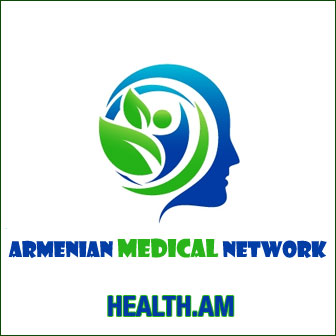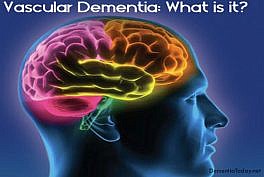Definition of the Wernicke-Korsakoff syndrome

There is a commonly held view that the Korsakoff syndrome (amnestic syndrome) is a static condition and that, once detected, the main issue in manage ment is suitable placement. However, any decision on long-term placement has to be taken at the point where the potential for further recovery is unlikely and this requires regular and careful review of a patient’s mental state during the first year after presentation. There is current concern from such sources as the Mental Welfare Commission in Scotland that patients may be moved at too early a stage to residential care, without adequate psychiatric review, and with poor understanding by the residential or nursing home staff of the nature of this condition. Much of the current literature on the condition focuses on aetiology or on the search for drug treatments for the syndrome. There is very little literature on rehabilitation of individuals with the syndrome in general psychiatric textbooks and journals.
This article aims to summarise the main medical treatment for Korsakoff syndrome and its complic ations and to focus on issues of rehabilitation. For all practical purposes we are discussing the management of alcohol Korsakoff syndrome (alcohol amnestic disorder), as cases of non-alcoholic Korsakoff syndrome of chronic duration are exceedingly rare.
The common association of the Wernicke-Korsakoff syndrome and alcohol dependence in Western societies is well described and any consideration of the management of these patients must include the need to promote abstinence from alcohol and treat the alcohol dependence where this seems possible.
The article also aims to increase understanding of the spectrum of neuropsychological deficits in this group and knowledge of prognostic indicators for recovery from this disorder. The possible role of rehabilitation psychiatry, a less-resourced speciality in the era of community care, is also discussed.
Definition of the Wernicke-Korsakoff syndrome
For a full outline of this syndrome, the reader is advised to consult the classic research monograph by Victor et al (1989), and two review articles in the British Journal of Psychiatry (Kopelman, 1995; Lishman, 1990)
Not all cases of Korsakoff syndrome are preceded by an episode of Wernicke’s encephalopathy.
However, if during an episode of Wernicke’s encephalopathy (which is essentially a toxic confusional state) a specific amnesic deficit is detectable, then the condition is likely to proceed to a full Korsakoff syndrome and will respond slowly, if at all, to thiamine supplementation.
In its purest form, Korsakoff syndrome would be an example of an amnestic syndrome, which implies a specific deficit of recent memory with a relatively intact remote memory and intellect. However, in practice, patients will present with a range of features from the pure amnestic syndrome through a mixed picture of amnesia and additional cognitive deficits through to alcohol dementia.
In clinical practice, the terms Korsakoff syndrome and alcohol dementia are often used loosely and interchangeably, perhaps reflecting some of the limitations of bedside mental state examination, (Anonymous, 1987). Precise methods of assessment to classify patients on dimensions of amnesia and dementia are therefore useful in that they may have prognostic and therapeutic implications. This is the opinion of Lishman (1990) who believes that these two dimensions may have differing aetiologies and that in order to develop chronic Korsakoff syndrome, the patient needs to have a combination of thiamine depletion-induced and alcohol-induced brain damage with both sub-cortical and cortical pathologies.
###
Iain Smith & Audrey Hillman






